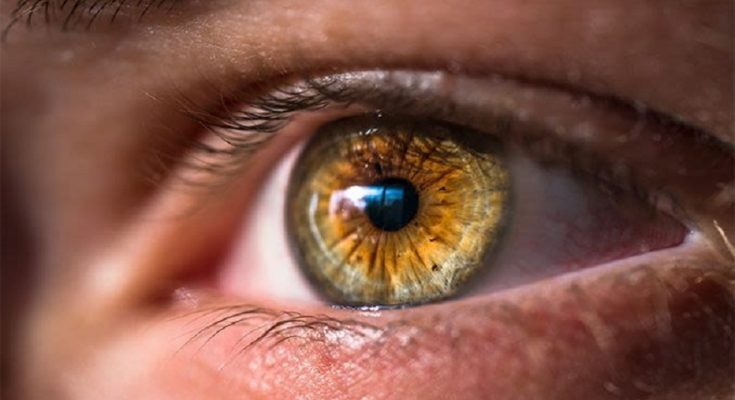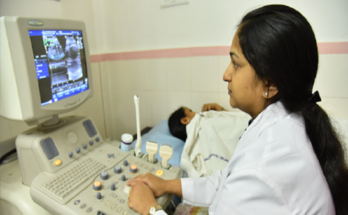No one can deny the role of inheritance in producing several health-related conditions in human beings. Genetic factors cause various eye diseases. Many eye diseases that lead to blindness among adults, children, and infants are caused by genetics.
Inherited diseases of the eye affected 60% of infants and caused serious genetic eye diseases in them. These diseases are retinal degeneration, congenital cataracts, optic atrophy, congenital glaucoma, and eye malformations.
The patients that are suffering from strabismus with a family history are 40%. Researchers are still making efforts to identify more genetic diseases of eyes so they can develop better treatments for them. They are working to identify certain genes that are responsible for eye diseases.
Two leading causes of blindness in adults are age-related macular degeneration and glaucoma. In maximum cases, the causes of both diseases were genetics. Researchers have also examined the genes that are responsible for glaucoma.
They are exploring the role of certain genes in causing macular degeneration in human beings. Many researchers are working to find out the genes that are responsible for retinitis pigmentosa.
It is degenerative diseases that affect the retina. Retinitis pigmentosa causes continuous loss of vision and night blindness in people.
Inheritance And Common Problems Of Vision
Genetics play a significant role in causing severe eye-related conditions and the vision of healthy eyes. If any eye disease is transmitted genetically then it can affect healthy eyes at any stage.
Genetic ophthalmological researchers have reported that genetics play an important role in causing common issues of vision among adults and children. These issues include myopia, astigmatism, amblyopia, strabismus, hyperopia and astigmatism.
Role Of Other Diseases In Causing Eye’s Related Abnormalities
Inherited systemic diseases contain one-third of eye abnormalities. If the certain ocular sign is present then it will be linked with the systemic disease. This sign is a deciding factor that helps in diagnosing and confirmation of systemic disease.
For example, if your eye has a dislocated lens, then it confirms the diagnosis of Marfan syndrome. It is a disease of connective tissues that are linked with heart-related problems. A cherry-red spot appears in the eyes of some people that denotes Tay-Sachs disease.
Early Diagnosis And Chances Of Recovery Of Inherited Diseases
In the programs related to Medical Genetics, physicians work closely in the Center for Genetic Eye Disease. They worked at the Cole Eye institution. Physicians also work to give the early diagnosis and find effective treatments for various complications.
These complications are related to inherited eye disorders. Different community physicians refer the patients at the Cleveland Clinic, and the physicians of the clinic provide treatment and do the evaluation for these patients.
You may have experienced it or not, but your family doctor, ophthalmologist, geneticist or pediatrician can refer your child or you to the Center that is specific for the evaluation. Do not hesitate to visit an ophthalmologist if you are facing any eye-related problems.
Early diagnosis helps in the prevention of certain eye diseases. The Specialized evaluation center is also specific for diagnosing eye diseases. You can also test your eyes from this center if a certain eye disease is suspected.
Eye Evaluation
If your child is referred for the eye evaluation to the Center then a specialist of genetic eye diseases will work to diagnose the eye issue. After that, he will plan a possible treatment for your child.
They review the medical tests or records if available either these tests are performed outside or inside the clinic. Then the doctor asks you about the family medical history of diseases. He also asks you about your personal medical history.
You will be asked to draw a family tree in which you will identify the persons who suffered a similar eye-related disease. You will be examined for microscopic study, eye pressure, and the movements of vision and eye.
The ophthalmologist also checks your lens, retina, and optic nerves to identify the abnormalities. For this purpose, he drops in your eyes to dilate your pupils—the ophthalmologist selects treatment for you after discussing your condition with the physician.
Expert ophthalmologists also give you advice to treat eye diseases. They can also call the specialists of another clinic for a consultation or second opinion. Keep a check on your eyes and adequately take care of your eyes to be protected from eye diseases.




